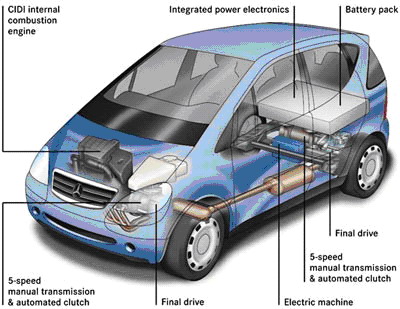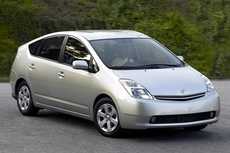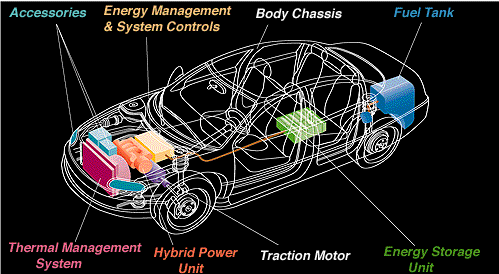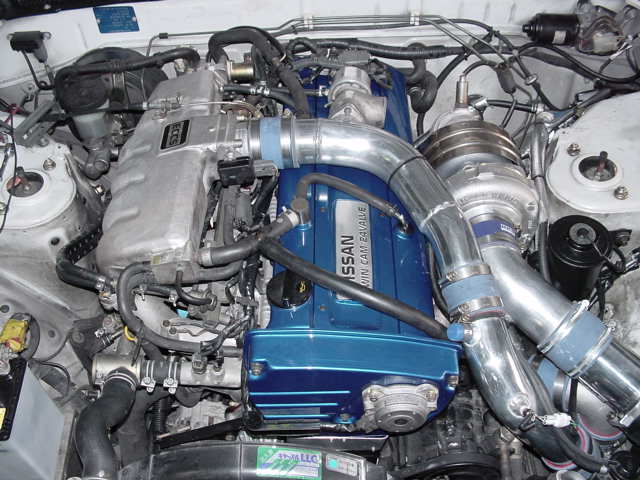
|
|
|||
|
|
|
|
|



The key to a hybrid car is that the gasoline engine can be much smaller than the one in a conventional car and therefore more efficient. Most cars require a relatively big engine to produce enough power to accelerate the car quickly. In a small engine, however, the efficiency can be improved by using smaller, lighter parts, by reducing the number of cylinders and by operating the engine closer to its maximum load. There are several reasons why smaller engines are more efficient than bigger ones: The big engine is heavier than the small engine, so the car uses extra energy every time it accelerates or drives up a hill. The pistons and other internal components are heavier, requiring more energy each time they go up and down in the cylinder. The displacement of the cylinders is larger, so more fuel is required by each cylinder. Bigger engines usually have more cylinders, and each cylinder uses fuel every time the engine fires, even if the car isn't moving. This explains why two of the same model cars with different engines can get different mileage. If both cars are driving along the freeway at the same speed, the one with the smaller engine uses less energy. Both engines have to output the same amount of power to drive the car, while the small engine uses less power to drive itself.
